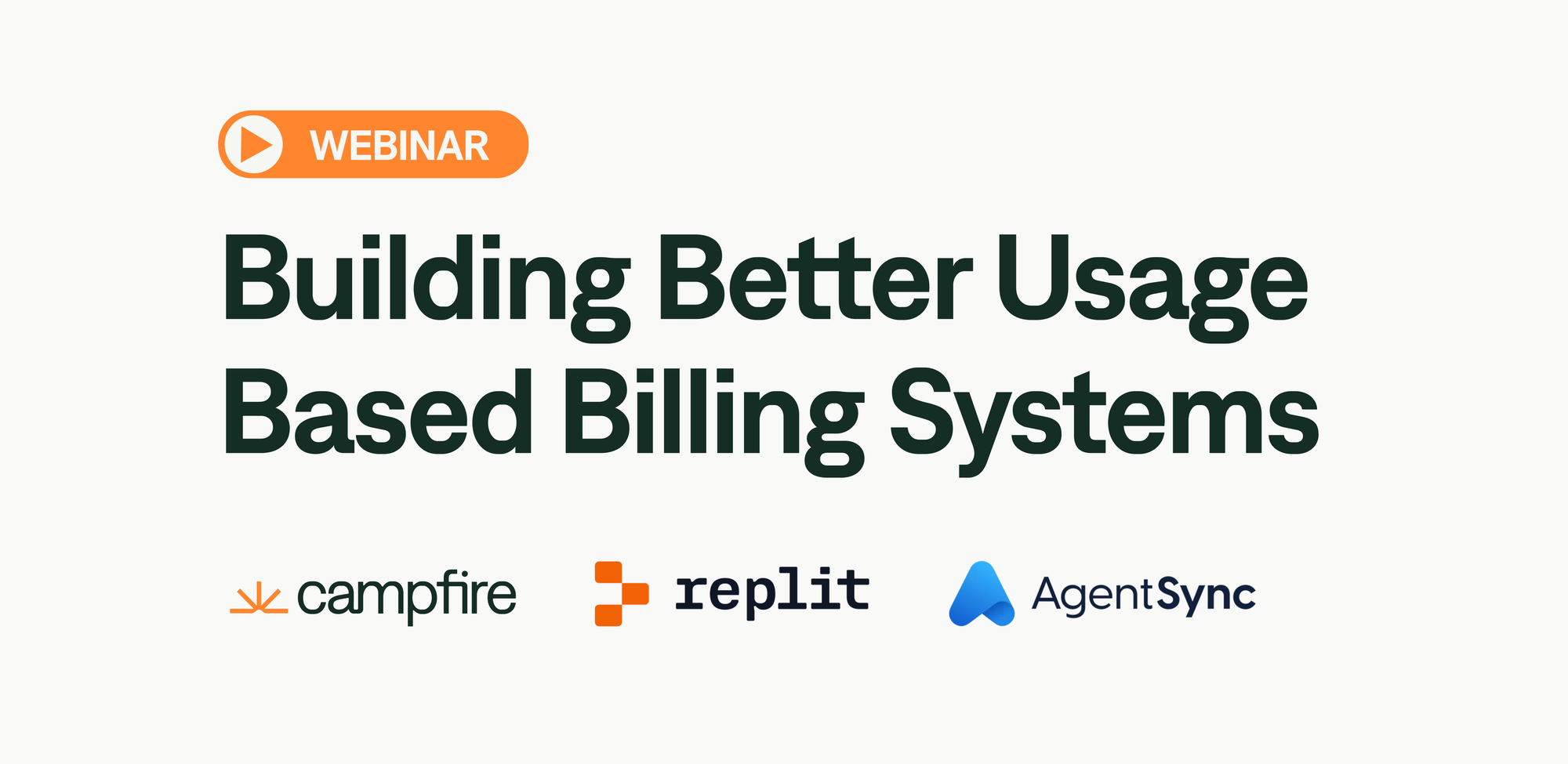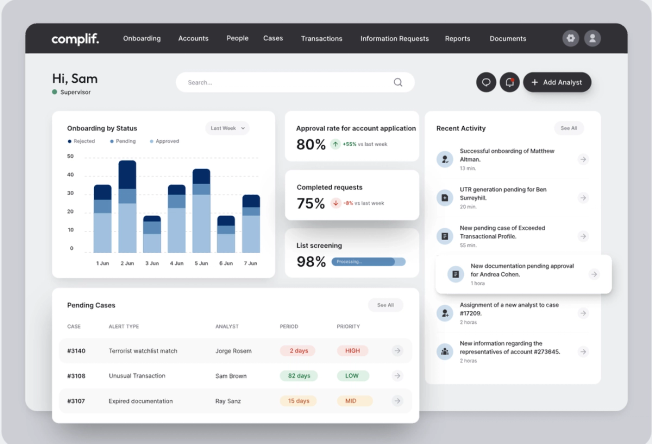2025-02-06
Tips for Landing the CFO Role w/ CFO @ Trust & Will

Campfire
Team
February 06, 2025

In a recent fireside chat hosted by Campfire, former public company CFO Ron Wangerin shared valuable insights on transitioning from accounting to the CFO role. With over 25 years of CFO experience across companies of various sizes, Wangerin offered practical advice for accountants looking to advance their careers. Here are key takeaways for those with CFO ambitions:
Understand the "Why" Behind the Numbers
According to Wangerin, a crucial first step is moving beyond simply compiling numbers to understanding what drives them. "I would encourage people to step outside that box of just accounting and really look at where do the numbers come from? Why are the numbers the way they are?" he advised.
Successful CFOs develop a habit of "swimming upstream" to identify operational bottlenecks or breakdowns that impact financial results. This deeper understanding helps connect accounting work to business outcomes.
Develop Early Warning Systems
One of Wangerin's most valuable practices is creating what he calls "early warning systems" – key metrics that provide advance notice of potential issues before they become major problems.
"When I go into companies, I always try to understand what are the five to ten really important things that you need to monitor that are your early warning systems," he explained. These indicators might include daily cash position, procurement trends, or sales metrics that could impact inventory needs.
The goal is to identify issues when they're small and manageable rather than discovering them at month-end when they've become significant problems.
Focus on Building Analytical Skills
For accountants with CFO ambitions, analytical capabilities are non-negotiable. Beyond processing transactions or ensuring compliance, CFOs need to extract meaningful insights from financial data that drive strategic decisions.
Wangerin emphasized the importance of developing these skills by engaging with operational teams to understand business drivers and challenges, then connecting those realities to financial outcomes.
Adopt a "How Can We" Mindset
Rather than being known as the "no" person, successful finance leaders approach challenges with a "how can we do this?" mentality. Wangerin admitted this was a skill he developed over time: "I used to be the no person and then I'm like, well, that really doesn't serve the business well."
Instead, he recommends working collaboratively with other team members to structure solutions that meet both financial constraints and business needs. When priorities compete, help facilitate discussions about resource allocation rather than simply rejecting requests.
Gain Cross-Functional Business Experience
To transition successfully from accounting to the CFO role, you need exposure to multiple aspects of the business. Wangerin suggests actively seeking opportunities to work across departments, understand their challenges, and build relationships with operational leaders.
Reading customer and vendor contracts, for example, helps finance professionals understand business relationships in ways that lawyers might miss. "I want to understand who I'm doing business with and under what terms so that as I see things come through, they're not a surprise," he explained.
Consider Public Accounting Experience
While not the only path to the CFO office, Wangerin believes public accounting provides valuable exposure early in one's career. "It was the experience that I gained in public accounting that enabled me to learn a lot more about business," he said. "I got to see why companies succeed and why companies fail without spending my own money."
He particularly values how public accounting allows professionals to observe C-suite dynamics and board meetings at a young age – experiences that might take years to access through other career paths.
Stay Current with Technology
Today's CFOs must embrace technology, including artificial intelligence. At Trust and Will, where Wangerin currently serves as CFO, each department is challenged to increase AI adoption to improve insights and efficiency.
His practical advice: "Don't be afraid. I would encourage people to create budgets so that people can test and learn because not every AI solution is going to be the right solution." By automating routine analysis, AI allows finance professionals to focus on more strategic contributions.
Build Credibility Through Communication
A critical skill for aspiring CFOs is the ability to educate others on financial concepts. Wangerin emphasizes proactively working with management teams, CEOs, and boards to help them understand the "why" behind numbers and decisions.
This approach builds trust and ensures smoother decision-making, especially during challenging periods or when financial realities might disappoint operational leaders.
Final Thoughts
The path from accountant to CFO requires more than technical knowledge – it demands business acumen, relationship skills, and strategic thinking. As Wangerin summarized, "The opportunities have never been better with all of the startup activity to be able to go out and be that 25-year-old who could be the lead finance person."
By focusing on understanding business operations, developing analytical capabilities, and building cross-functional relationships, accountants can position themselves for success as future CFOs.
Related Articles
Loading posts...


